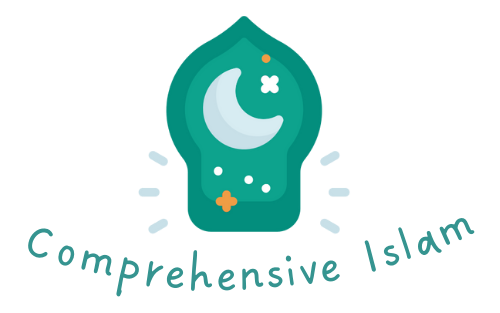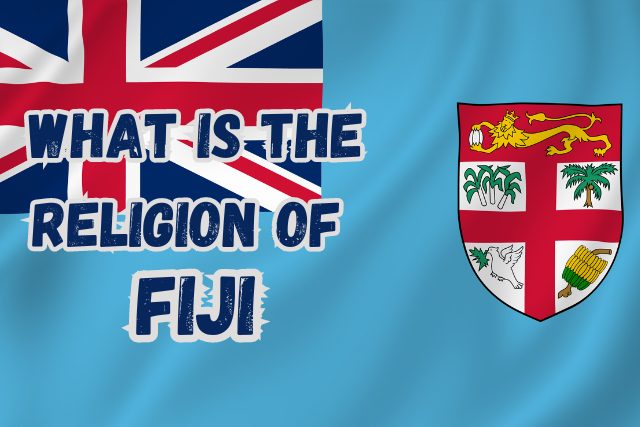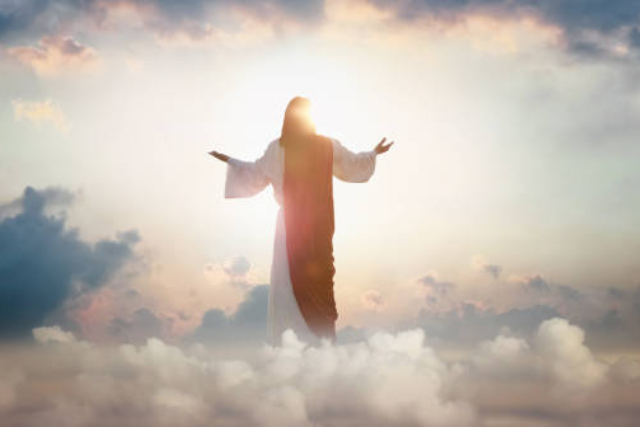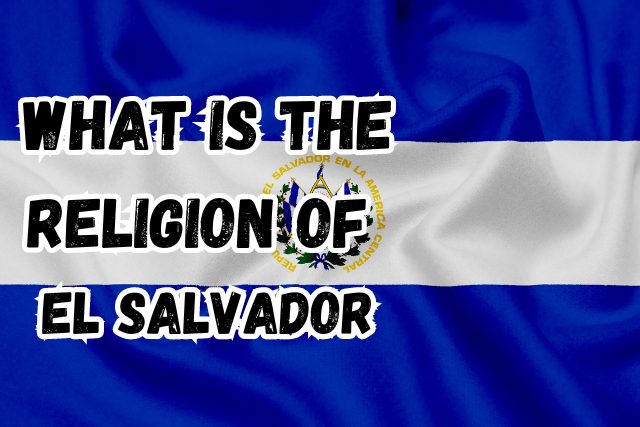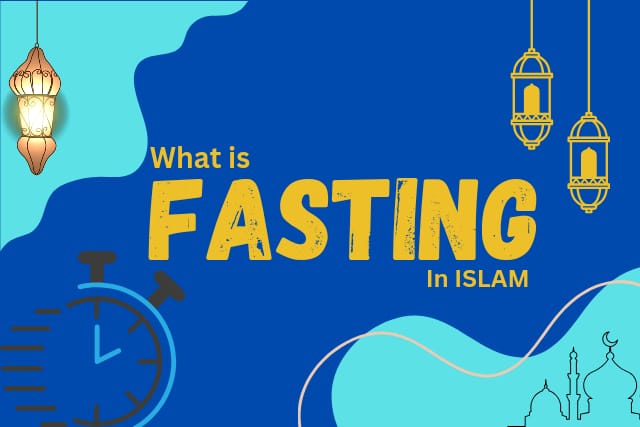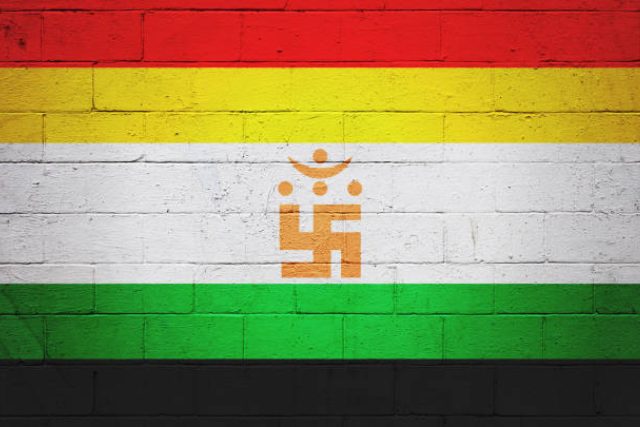What is the Religion of Spain In 2024? Exploring Faith Diversity
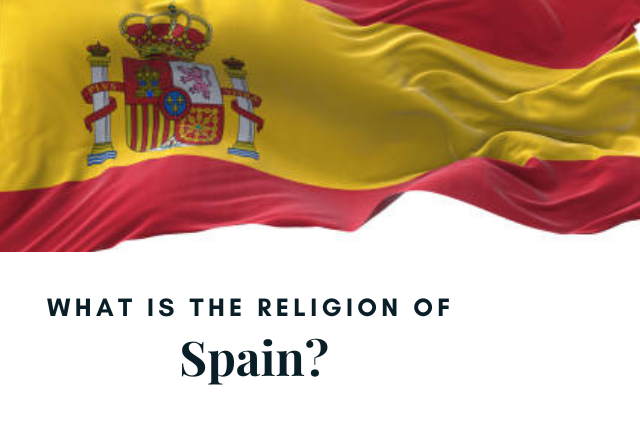
What is the religion of Spain? Spain has a complex history with religion. Traditionally, Catholicism was the dominant religion, and for a while even the official state religion. However, Spain’s constitution today is secular and guarantees freedom of religion.
Let’s explore everything about religion in Spain in detail.
What is the Religion of Spain?
Spain, with its deep-rooted culture and captivating history, has been a melting pot of religious beliefs for centuries. The influence of religion in Spain can be traced back to ancient times, particularly with the arrival of Christianity during the Roman Empire. However, it was not until the 6th century AD that Catholicism firmly took hold in the region. The spread of Christianity was not without its challenges, as Spain also experienced periods of Islamic rule during the Moorish conquests.
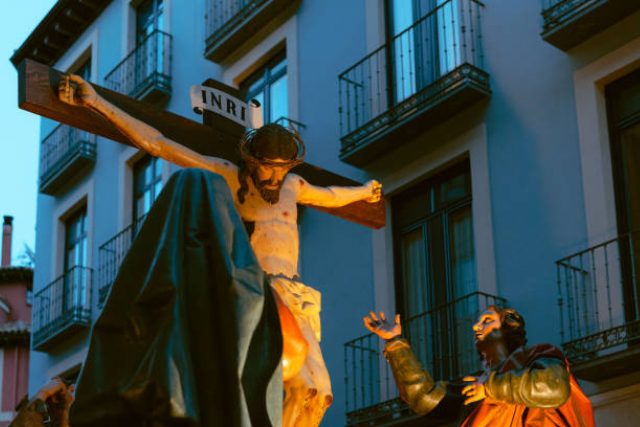
Interestingly, during this time, Spain’s contact with the Islamic world influenced not only its religious landscape but also its cultural exchange with distant lands like Brazil.
The Influence of the Spanish Inquisition
One of the most significant events shaping Spain’s religious identity was the Spanish Inquisition. Established in 1478 by the Catholic monarchs Ferdinand and Isabella, its purpose was to enforce Catholic orthodoxy within the kingdom. The Inquisition targeted individuals perceived as threats to the faith, including Muslims, Jews, and conversos (those who converted from Judaism or Islam to Christianity). The methods employed were brutal, with torture and public executions used to extract confessions and maintain control over religious beliefs. While the Inquisition officially ended in the early 19th century, its legacy cast a long shadow over Spain’s religious identity.
While the Spanish Inquisition officially ended in the early 19th century, its legacy continued to cast a long shadow over Spain’s religious identity.
Secularization and Religious Freedom
The 20th century ushered in a period of dramatic change for Spain’s religious landscape. The Spanish Civil War (1936-1939) served as a pivotal moment. It pitted the largely secular and anti-clerical Republicans against the Nationalists, who enjoyed the support of the Catholic Church. The Nationalist victory under General Franco led to nearly four decades of authoritarian rule. During this time, the Catholic Church held a privileged position, playing a prominent role in Spanish society.
However, Franco’s death in 1975 marked a turning point. Spain embarked on a path towards democracy, culminating in the ratification of a new constitution in 1978. This document enshrined the principles of religious freedom and secularism, separating church and state and ending the Catholic Church’s privileged status in law and education. This shift paved the way for greater diversity in religious beliefs and practices.
Catholicism in Spain
Today, Catholicism remains the dominant religion, with estimates suggesting around 52% of the population identifying as Catholic. However, church attendance and adherence to religious teachings, particularly among younger generations, have declined significantly.
Secularism and a growing non-religious population are undeniable trends. This shift can be attributed to several factors. Spain’s turbulent 20th-century history, coupled with social reforms and globalization, has fostered a more secular outlook.
Additionally, controversies surrounding the Catholic Church, such as its stance on social issues, have alienated some members.
Secularism in Spain
Despite the continued presence of Catholicism, religious observance in Spain has noticeably declined in recent decades. Surveys reveal a growing number of Spaniards, particularly among the young, identifying as non-religious or atheist. This trend can be attributed to various factors, including social and economic changes, increased access to education and information, and a growing emphasis on individual autonomy and freedom of choice.

The separation of church and state in 1978 marked a significant turning point. It paved the way for the decline of Catholicism as the dominant religious institution and the rise of secularism as an alternative worldview. Secularism emphasizes the separation of religion from public life and prioritizes reason, science, and humanism in guiding moral and ethical decision-making.
Other Faiths
Spain is known for its Catholic churches and traditions, but there are many other religions practiced there too! Islam is the second most common religion in Spain, with a history going back hundreds of years to the Moorish rule. Many Muslims live in Spain today, and you can find beautiful mosques throughout the country.
There are also many Christians who follow Protestant denominations instead of Catholicism. These churches have different practices and beliefs than Catholic churches.

Spain’s Jewish community has a long history as well, and there are still Jewish people living in the country today. You can find synagogues in some Spanish cities.
For people interested in Eastern religions, there are communities of Buddhists and Hindus in Spain. These religions focus on inner peace and enlightenment, and their followers might celebrate holidays throughout the year.
Spain is a welcoming place for people of all faiths. The presence of these different religions adds to the richness of Spanish culture. You can see mosques, synagogues, temples, and churches existing peacefully side-by-side. This shows how Spain values religious freedom and allows people to practice their beliefs openly. Throughout the year, you might even come across celebrations for different religious holidays, reflecting the diversity of faith in Spain.
FAQs About What is the Religion of Spain
Is Spain a Catholic country?
While Catholicism has historically been the dominant religion in Spain, the country is officially secular, with religious freedom guaranteed by the constitution.
What are some important religious holidays in Spain?
In addition to Easter and Christmas, other significant religious holidays in Spain include Epiphany (Three Kings Day) and various regional festivals dedicated to patron saints.
Can I visit religious sites in Spain?
Yes, many of Spain’s religious sites are open to visitors and are popular tourist attractions. Visitors should be respectful of religious customs and traditions, such as dress codes and restrictions on photography during worship services.
Summing Up
Spain’s religious landscape is a complex tapestry of tradition and change. While Catholicism remains a significant force in Spanish culture, secularism and other faith traditions are gaining ground. The separation of church and state, enshrined in the 1978 constitution, has paved the way for greater religious diversity and pluralism in Spanish society. Today, Spain is a nation where people of different faiths and worldviews coexist peacefully, contributing to the country’s rich cultural heritage and vibrant identity.
